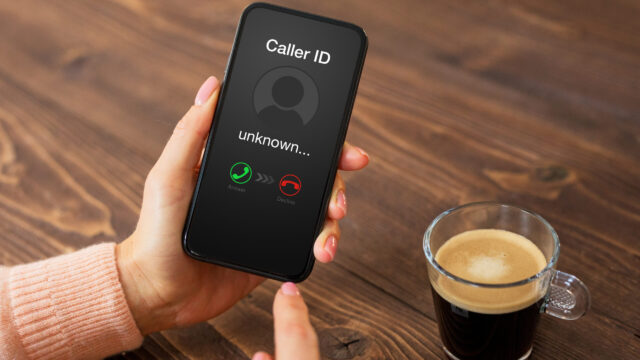EPIC and NCLC Urge Ninth Circuit to Protect Consumers from Unwanted MMS Video Messages
February 16, 2024

On Wednesday, EPIC and the National Consumer Law Center (NCLC) submitted an amicus brief in Howard v. Republican National Committee (RNC), a Ninth Circuit case considering whether the Telephone Consumer Protection Act (TCPA) protects consumers from unwanted video and audio files sent via Multimedia Messaging Service (“MMS”), also known as text messaging.
The text message in this case carried a video file that automatically downloaded to Jacob Howard’s device. Howard had no association with the RNC, never provided his phone number, nor consented to such communication. Because the TCPA restricts any calls made using an artificial or prerecorded voice, including the type of call at issue in this case, Howard asserted that RNC’s calls were unlawful. The District Court mistakenly held that if the audio in an MMS message does not automatically play, there is no TCPA violation, and so dismissed Howard’s complaint.
In their brief, EPIC and NCLC emphasized that the District Court’s decision creates a blanket exemption for MMS messages from the TCPA. The brief argues that the restriction on artificial and prerecorded voice messages in the TCPA extends to all types of calls, including MMS message, and that artificial or prerecorded voice messages sent via MMS, particularly those generated with AI, pose a genuine threat to phone users.
EPIC often participates as amicus to explain the technology at issue in a case, routinely files amicus briefs in Telephone Consumer Protection Act cases, and consistently advocates before the Federal Communications Commission to protect consumers from illegal and unwanted calls.

Support Our Work
EPIC's work is funded by the support of individuals like you, who allow us to continue to protect privacy, open government, and democratic values in the information age.
Donate